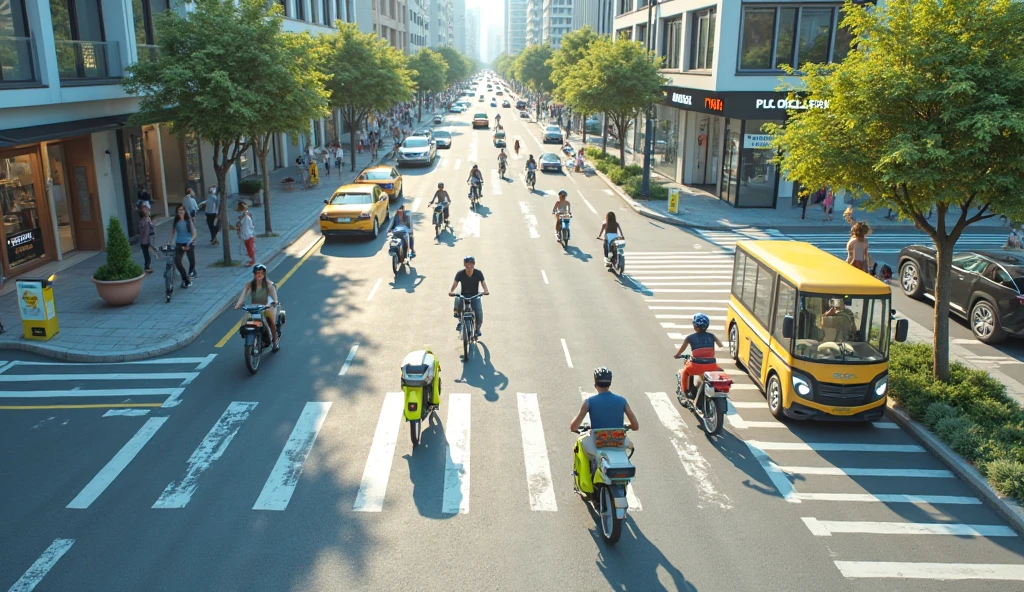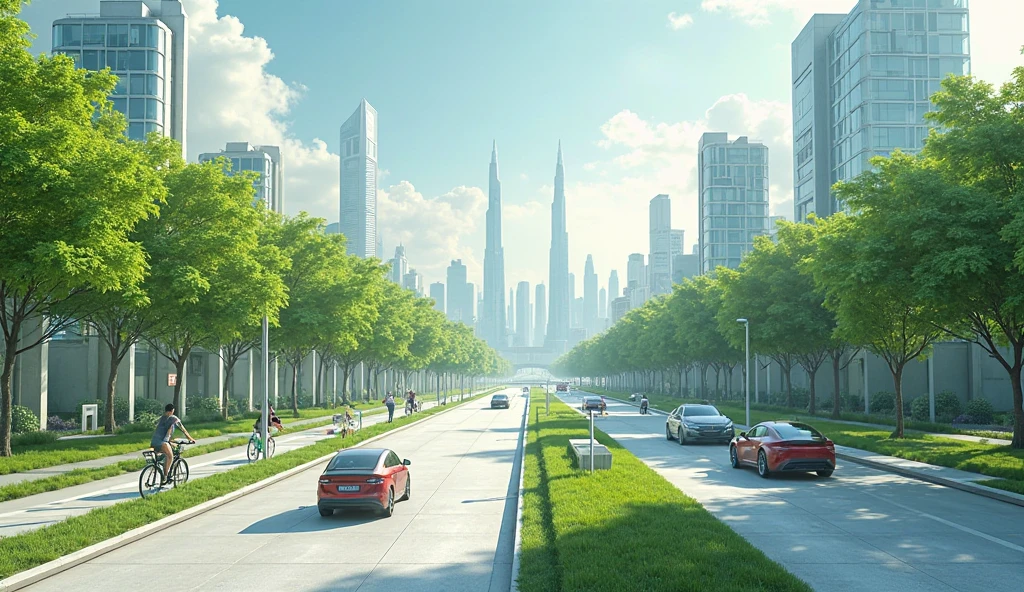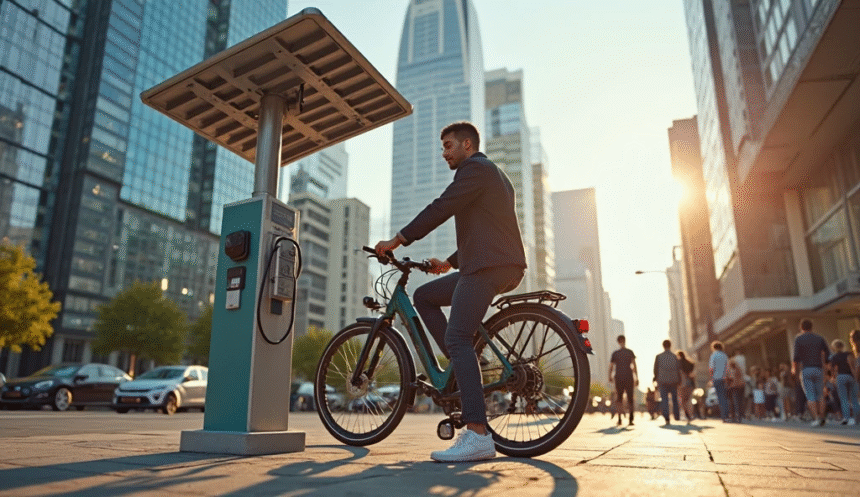In 2025, the roar of engines is slowly being replaced by the quiet hum of electric motors. From narrow alleys in Amsterdam to the wide expressways of Los Angeles, urban roads are witnessing a transformation like never before.
Gas-guzzling vehicles? Out.
Eco-conscious, battery-powered rides? All the way in.
This isn’t just a trend it’s a transportation revolution driven by climate urgency, tech innovation, and a complete shift in how cities are built and lived in.
The EV Boom: Cars, Bikes & Everything in Between
In the past five years, electric mobility has exploded. What was once dominated by Tesla and a few startups is now a crowded field:
- Electric Cars: From compact sedans to SUVs, 2025 EVs now offer 600+ km of range, solar-roof charging, and smart autopilot features.
- Electric Bikes (e-bikes): Affordable, fast, and perfect for urban streets — they’ve become the go-to ride for young professionals, students, and delivery workers.
- Electric Scooters & Micro-Mobility: In dense metro areas like Seoul, Berlin, and New York, scooters zip past traffic, offering quick, emission-free trips.
The streets may be silent, but the change is loud.
Urban Infrastructure Is Adapting Fast
Cities around the world are rebuilding their transportation layouts for electric mobility:
- EV-only lanes and parking zones
- Public charging hubs on every block
- Dedicated bike/e-bike highways
- Smart traffic systems to guide EVs to charging stations
Urban design is becoming about more than movement — it’s about mobility + sustainability.

Environmental Benefits Are Tangible
According to the UN Environment Programme, cities that embraced EV infrastructure by 2025 reported:
- Up to 40% reduction in vehicle-based air pollution
- Noticeable drop in noise pollution
- Encouragement of public transit + shared mobility
- Increase in urban green zones due to freed-up road space
The result? Cleaner skies, calmer minds, and a future that’s easier to breathe in.
Who’s Leading the Charge?
- Consumers: Gen Z and Millennials are ditching car ownership for e-bike subscriptions and shared EVs.
- Governments: Offering tax credits, EV rebates, and toll exemptions to push adoption.
- Tech Giants: Apple, Xiaomi, and even Sony now have EVs or e-bikes on the market.
- Startups: Local businesses offering battery swaps, solar kits, and smart helmets.
Everyone’s jumping on board, and fossil-fueled traffic is slowly fading into history.

Challenges Still Exist
Despite the progress, the EV takeover isn’t flawless:
- Charging infrastructure gaps in rural/low-income areas
- Battery supply chain issues
- Limited storage for bikes in small apartments
- Safety concerns with mixed bike-car traffic
But every challenge is being met with tech-driven solutions, from modular battery swaps to vertical parking for bikes.
The Future Is Electric (and Personal)
2025’s transportation is no longer about horsepower — it’s about personalization, sustainability, and accessibility.
- Want to bike but hate sweating? Grab a lightweight e-bike with pedal assist.
- Need to commute 50km daily? A compact EV with auto-pilot will do it on one charge.
- Hate traffic? Use smart route AI in your scooter to skip the chaos.
Your city. Your rules. Your ride — but now it’s silent, smart, and sustainable.








